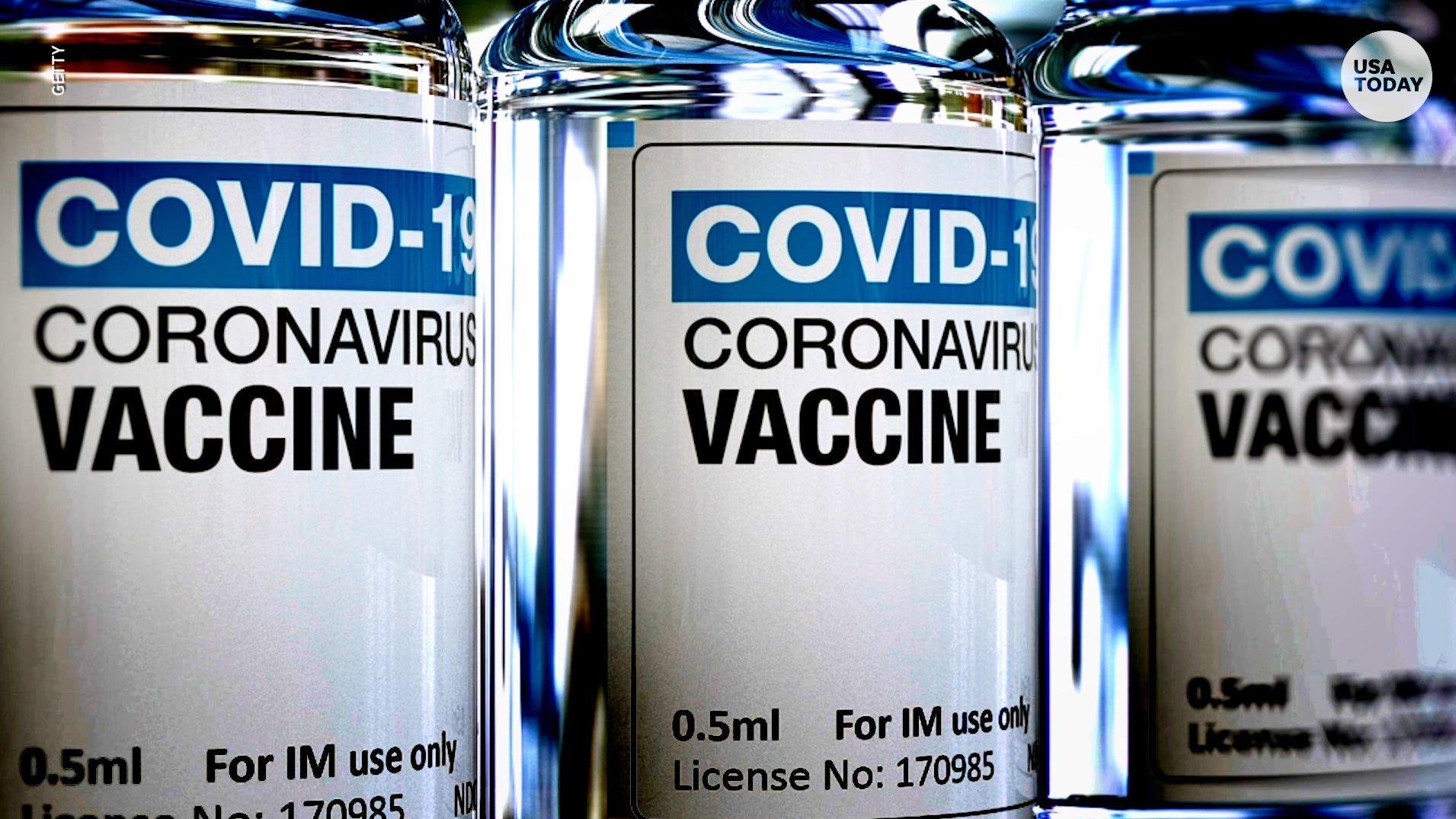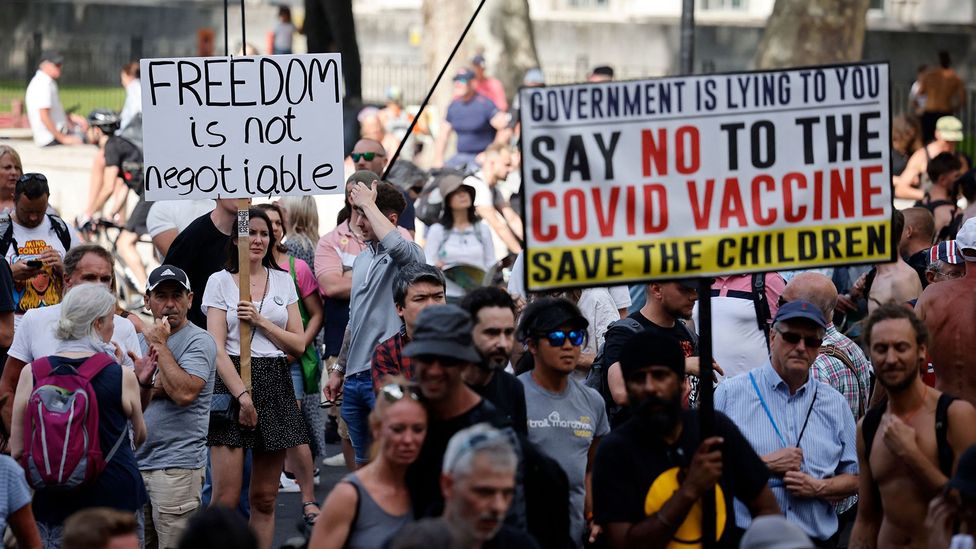In a world where the threat of a zombie apocalypse looms, the idea of a vaccine becomes not just a solution but a necessity for survival. The concept of "only my vaccine can save the world from zombies" highlights the importance of scientific innovation and preparedness in combating unprecedented global crises. This article dives deep into the potential role of vaccines in preventing and managing a hypothetical zombie outbreak.
Imagine a scenario where the world is on the brink of chaos due to an infectious disease that turns humans into mindless, flesh-eating creatures. The idea of a vaccine as the ultimate solution might sound like science fiction, but it reflects real-world challenges in combating pandemics. Understanding how vaccines work and their potential applications in such scenarios can provide valuable insights into global health preparedness.
This article explores the science behind vaccine development, the potential for creating a zombie vaccine, and the importance of scientific research in addressing global threats. Whether it's a fictional apocalypse or a real-world pandemic, the role of vaccines cannot be overstated.
Read also:Eva Longoria Parents Discovering The Inspirational Story Behind The Iconic Actress
Table of Contents
- Introduction to Zombie Vaccines
- The Science Behind Vaccines
- Can a Vaccine Stop Zombies?
- Vaccine Development Process
- Potential Zombie Virus
- Role of Science in Apocalypse
- Challenges in Vaccine Creation
- Global Cooperation
- Ethical Considerations
- Conclusion and Action
Introduction to Zombie Vaccines
The phrase "only my vaccine can save the world from zombies" might seem far-fetched, but it underscores the importance of vaccines in addressing global health crises. While zombies are fictional, the principles of vaccine development can be applied to real-world scenarios. This section explores the concept of a zombie vaccine and its potential implications.
What is a Zombie Vaccine?
A zombie vaccine would theoretically target the pathogen responsible for transforming humans into zombies. While this concept is speculative, it aligns with the principles of modern vaccinology, which involves creating immunity against specific pathogens.
Why Focus on Zombies?
Focusing on zombies allows us to explore the intersection of science fiction and real-world science. It encourages discussions about preparedness, global health, and the importance of scientific research in addressing unforeseen challenges.
The Science Behind Vaccines
Vaccines are one of humanity's greatest achievements in public health. Understanding their mechanisms is crucial in addressing both fictional and real-world threats.
How Do Vaccines Work?
- Vaccines train the immune system to recognize and combat pathogens.
- They contain weakened or inactive parts of a pathogen, triggering an immune response without causing the disease.
- This immunity can protect individuals and contribute to herd immunity.
Types of Vaccines
There are various types of vaccines, including live attenuated, inactivated, subunit, mRNA, and viral vector vaccines. Each type has its own advantages and applications, depending on the pathogen and the population being vaccinated.
Can a Vaccine Stop Zombies?
While zombies are fictional, the concept of a vaccine stopping them is rooted in scientific principles. This section examines the hypothetical creation of a zombie vaccine and its potential effectiveness.
Read also:Somali Wasmo 2025 Telegram A Comprehensive Guide To The Movement
Identifying the Pathogen
Creating a vaccine requires identifying the pathogen responsible for the outbreak. In the case of zombies, this could involve viruses, bacteria, or even prions. Understanding the pathogen's structure and behavior is essential for vaccine development.
Challenges in Targeting Zombies
- Zombies may not have a functioning immune system, making traditional vaccines ineffective.
- The pathogen might evolve rapidly, requiring constant updates to the vaccine.
- Distribution and administration in a chaotic environment pose logistical challenges.
Vaccine Development Process
The development of a vaccine involves several stages, from research to deployment. This section outlines the process and highlights key considerations for a hypothetical zombie vaccine.
Pre-Clinical Testing
Before human trials, vaccines undergo extensive testing in labs and on animals to assess safety and efficacy. This stage is critical for identifying potential issues and refining the vaccine formula.
Clinical Trials
- Phase 1: Small-scale trials to test safety and dosage.
- Phase 2: Expanded trials to evaluate efficacy and side effects.
- Phase 3: Large-scale trials to confirm effectiveness and monitor rare side effects.
Potential Zombie Virus
While no real-world virus causes zombies, several pathogens exhibit traits that could inspire such a scenario. This section explores potential candidates and their implications for vaccine development.
Prions
Prions are misfolded proteins that can cause neurodegenerative diseases. Their ability to spread and resist destruction makes them a fascinating subject for study.
Rabies Virus
Rabies affects the central nervous system, causing aggression and altered behavior. Its transmission through bites aligns with common zombie tropes, making it a relevant candidate for study.
Role of Science in Apocalypse
Science plays a critical role in addressing global crises, whether real or fictional. This section discusses the importance of scientific research and collaboration in preparing for potential apocalypses.
Importance of Research
Continuous research into pathogens and vaccines ensures that humanity is better prepared for unforeseen challenges. Funding and support for scientific endeavors are essential for progress.
Collaboration Across Borders
Global cooperation is vital in addressing pandemics and other global threats. Sharing data, resources, and expertise can accelerate the development of effective solutions.
Challenges in Vaccine Creation
Creating a vaccine, especially for a hypothetical scenario like zombies, poses numerous challenges. This section examines these obstacles and potential solutions.
Scientific Hurdles
- Understanding the pathogen's biology and behavior.
- Developing a safe and effective vaccine formula.
- Ensuring scalability and affordability for global distribution.
Economic and Political Challenges
Funding, regulatory approvals, and political support are crucial for vaccine development. Addressing these challenges requires collaboration between governments, organizations, and stakeholders.
Global Cooperation
Addressing global threats requires cooperation on an international scale. This section highlights the importance of collaboration and provides examples of successful initiatives.
World Health Organization (WHO)
The WHO plays a pivotal role in coordinating global health efforts, providing guidance, and facilitating cooperation among nations.
Public-Private Partnerships
Collaborations between governments, private companies, and non-profits can accelerate vaccine development and distribution. These partnerships leverage resources and expertise for maximum impact.
Ethical Considerations
Developing and deploying vaccines raises ethical questions that must be addressed. This section explores these considerations and their implications.
Equitable Distribution
Ensuring fair access to vaccines is a moral imperative. Strategies such as prioritizing vulnerable populations and supporting low-income countries are essential for global equity.
Informed Consent
Obtaining informed consent from participants in clinical trials and recipients of vaccines is crucial for ethical practice. Transparency and communication are key to building trust.
Conclusion and Action
The concept of "only my vaccine can save the world from zombies" serves as a reminder of the importance of vaccines in addressing global health challenges. While zombies remain fictional, the principles of vaccine development and global cooperation are relevant in real-world scenarios.
In conclusion:
- Vaccines are vital tools in combating infectious diseases.
- Scientific research and global cooperation are essential for addressing pandemics.
- Ethical considerations must guide vaccine development and deployment.
We invite you to share your thoughts and engage in discussions about this topic. Leave a comment, share this article, or explore other content on our site to learn more about global health and scientific innovation.
Together, we can prepare for the future and ensure a safer world for all.


